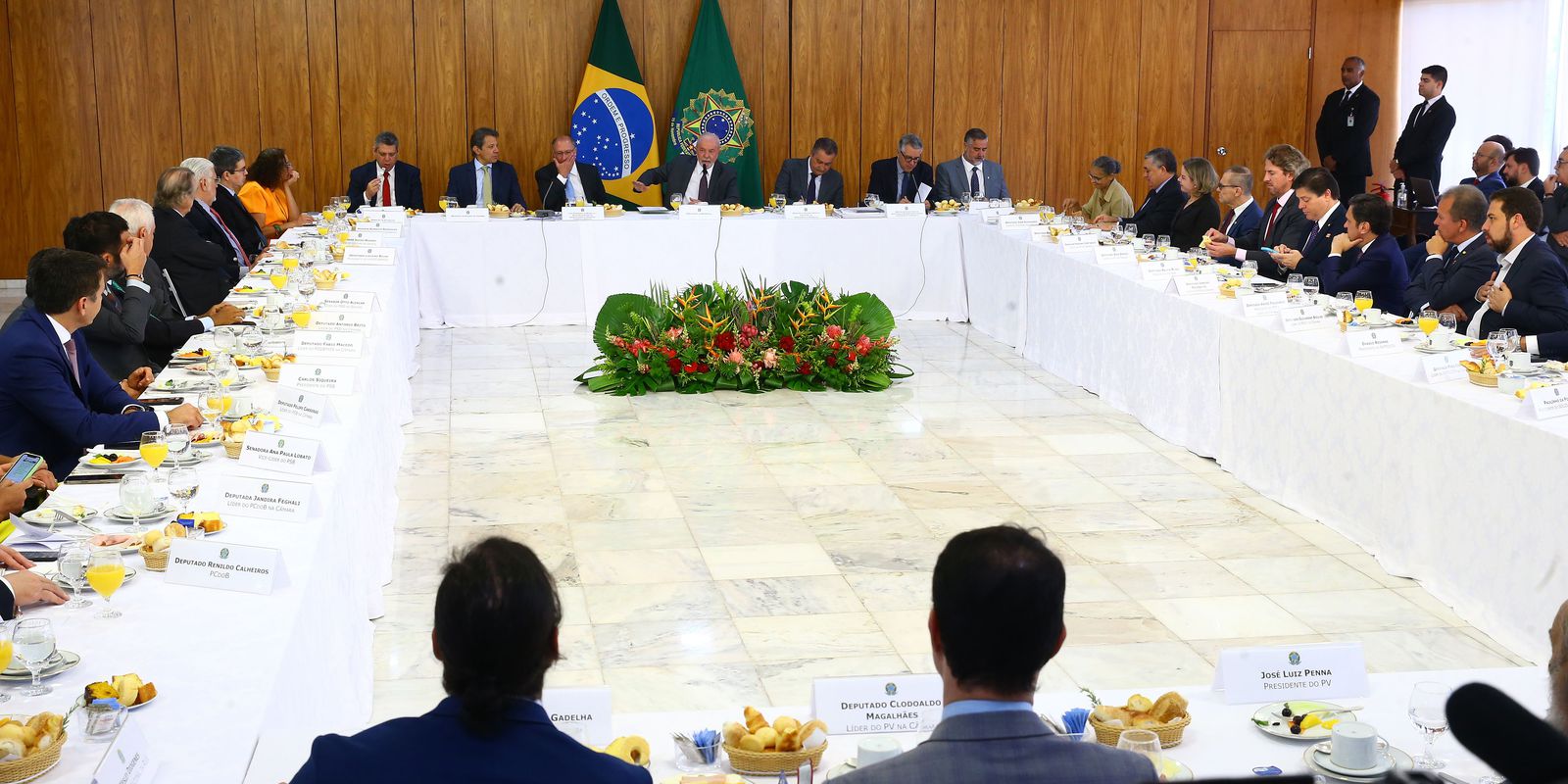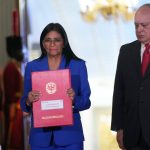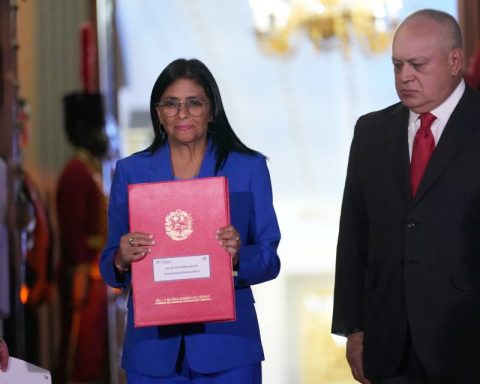The Minister of Institutional Relations, Alexandre Padilha, said today (8) that there is no discussion within the government to propose changes in the law that gives autonomy to the Central Bank (BC). According to Padilha, there is a debate about the need and the economic conditions that the country has for reducing interest rates.
Earlier this week, President Luiz Inácio Lula da Silva returned to criticize the level of the Selic rate, the economy’s basic interest rate, defined by the Central Bank’s Monetary Policy Committee (Copom). Last week, the Copom maintained the rate at 13.75% per annumthe highest level since January 2017, when it was also at that level.
“President Lula, when he speaks, brings the pain and anxieties of those who want an ever lower interest rate in the country, of those who believe that we need to have better conditions to [que] businessmen can invest in the country, can take credit to generate jobs and resume investments”, said the minister. “Lula has a history of commitment to a combination of fiscal responsibility and socio-environmental responsibility. This has to guide the government’s economic policy, and we believe that this creates an environment in the country so that we can have the resumption of economic growth and fulfill the objectives that are in BC law ”, he added.
The minister reinforced that the objectives of the autarchy are to promote full employment, smooth any economic fluctuations and guarantee the country’s economic stability and the efficiency of the financial system.
The Central Bank law also guarantees a four-year mandate for the president and directors of the institution, which will occur in cycles that do not coincide with the term of office of the President of the Republic. This month, the mandate of two directors expires and, according to Padilha, the Minister of Finance, Fernando Haddad, is conducting conversations to indicate technical names that will be sent by Lula for analysis by the Federal Senate.
In April, Haddad must submit a complementary bill to the Legislature that establishes a new fiscal framework for the country, different from the current spending ceiling. The government believes this will help create an investment-attracting environmentas well as the tax reform debate and other government efforts to balance the public accounts.
Padilha spoke to the press today after meeting with President Lula, Ministers of State and presidents and leaders of parties from the government’s allied base. It was the installation meeting of the Coalition’s Political Council, a permanent forum for debate between the Executive and the Legislative.
According to Padilha, the need to reduce interest rates in Brazil was reinforced by several leaders, and the government also hopes that Congress will accompany and encourage this debate.
Tax reform
The government’s priority agenda at the meeting was tax reform, which will be headed by Minister Haddad. “President Lula is interested in reducing taxes for the poorest, reducing taxes for workers who live off their income and simplifying taxes for those who generate jobs in the country, for businessmen,” said Padilha.
the idea is take advantage of initiatives and amendments that are already under discussion in the National Congress. During the meeting, Haddad welcomed the initiative of the mayor, Arthur Lira (PP-AL), to create a working group to discuss the tax reform, seeking to speed up the process of approving the measures.
The government intends to vote on the tax reform on consumption in the first half of this year and the reform on income in the second half.
The simplification of taxation on consumption is at the heart of the first phase and the text intends to be based on two proposed amendments to the Constitution (PEC) pending in Congress (PEC 45/2019 and PEC 110/2019). They bring together several taxes that today focus on consumption in less taxes. The divergence lies in the number of unified taxes and the way in which the merger will occur.
Any changes in Income Tax would involve the return of taxation on dividends (a portion of corporate profits passed on to shareholders), in exchange for a decrease in Corporate Income Tax and Social Contribution on Net Income. Since 1995, dividends in Brazil are exempt from income tax.
Another possible change would be raising the Income Tax exemption range. Without correction since 2015, the table exempts only those who earn BRL 1,903.98 per month.















